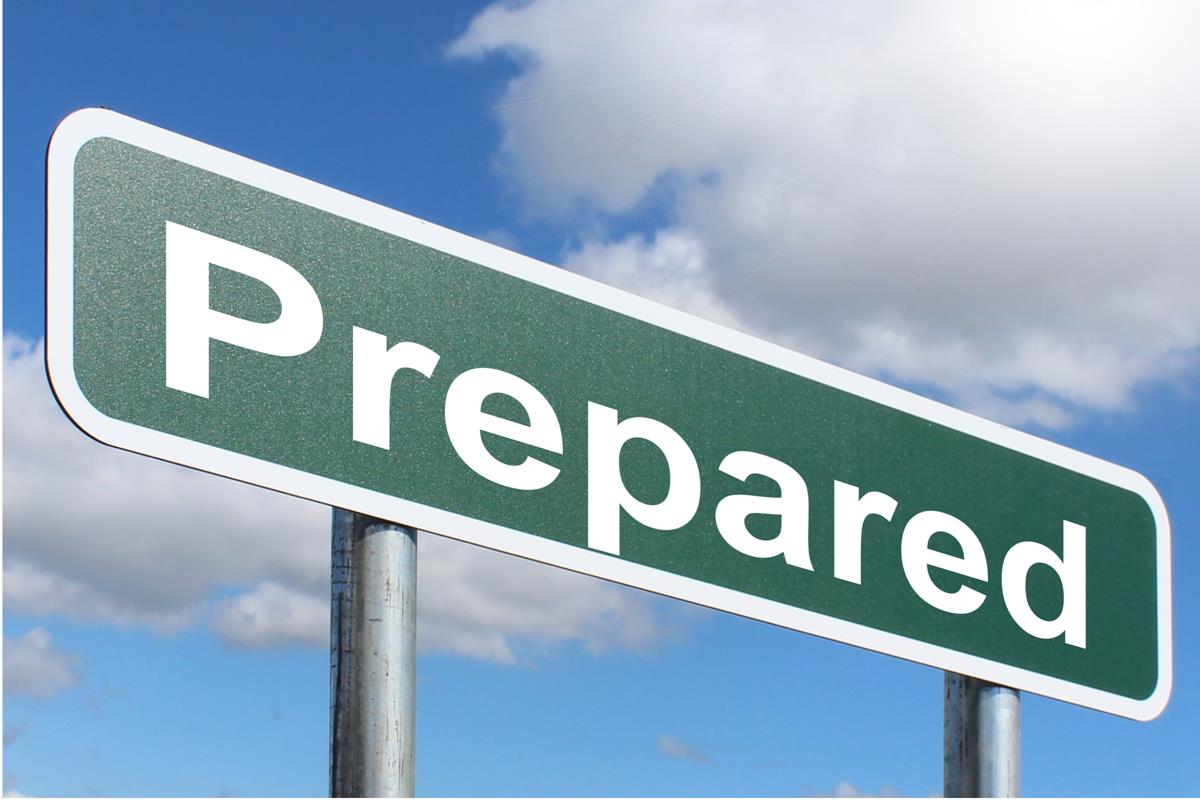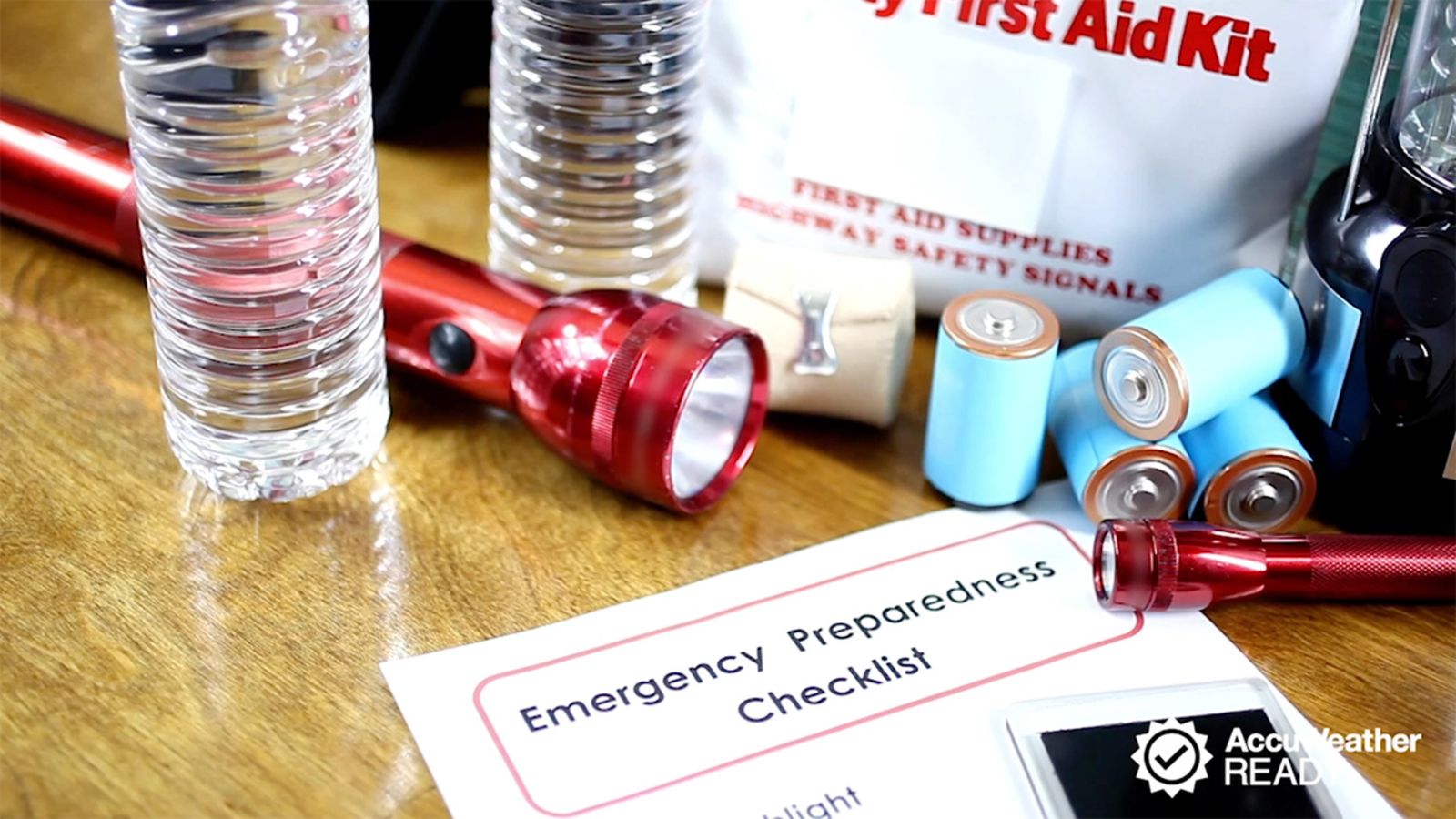While it is certainly not a pleasant thought, preparing for war at home can provide peace of mind and a sense of preparedness in uncertain times. Here are comprehensive steps to help you prepare for potential conflict:

Educate Yourself:

- Stay informed about current events and geopolitical developments. Understand the potential threats and risks in your region.
- Obtain knowledge about basic survival skills, first aid, and self-defense techniques.
- Familiarize yourself with local emergency procedures and evacuation routes.
Stock Up on Supplies:

- Create an emergency food supply with non-perishable items that can last for at least two weeks. Consider nutrient-dense options like canned goods, dried fruits, and energy bars.
- Store water in sealed containers, aiming for a minimum of one gallon per person per day.
- Gather essential medical supplies, including bandages, pain relievers, and any prescribed medications.
- Stock up on personal hygiene items, such as soap, toothpaste, and toilet paper.
Secure Your Home:
- Fortify windows and doors with locks, bars, and security films.
- Consider installing a security system or motion-activated lights to deter intruders.
- Trim trees and shrubs around your property to eliminate hiding places for potential threats.
Prepare Communication Devices:
- Ensure your phone is fully charged and has a backup battery or power bank.
- Keep a printed list of important contacts, including emergency services, family members, and neighbors.
- If available, set up a battery-powered radio to receive updates during power outages.
Create an Evacuation Plan:
Develop a Neighborhood Watch Program:
- Collaborate with neighbors to keep an eye on each other’s properties and report suspicious activities to authorities.
- Establish a password system or code words to use during emergencies to identify trusted neighbors.
Practice Self-Sufficiency:
- Learn basic farming or gardening techniques to grow your own food if supply lines are disrupted.
- Familiarize yourself with alternative energy sources, such as solar panels or portable generators, to maintain power.
- Develop water purification methods, such as boiling or filtering, to ensure access to clean water.
Strengthen Community Bonds:
- Engage with local organizations and community leaders to build relationships and foster a sense of unity.
- Contribute to neighborhood improvement projects that enhance safety and security.
Stay Mentally Prepared:
- Work on your mental and emotional resilience to cope with the stresses of war.
- Develop coping mechanisms, such as meditation, exercise, or journaling, to manage anxiety and stress.
- Seek support from friends, family, or mental health professionals if needed.
Remember, preparing for war is not about fearmongering, but about taking proactive steps to ensure the safety and well-being of yourself and your loved ones in uncertain times. It is crucial to stay informed, be adaptable, and maintain a sense of community during challenging circumstances.










